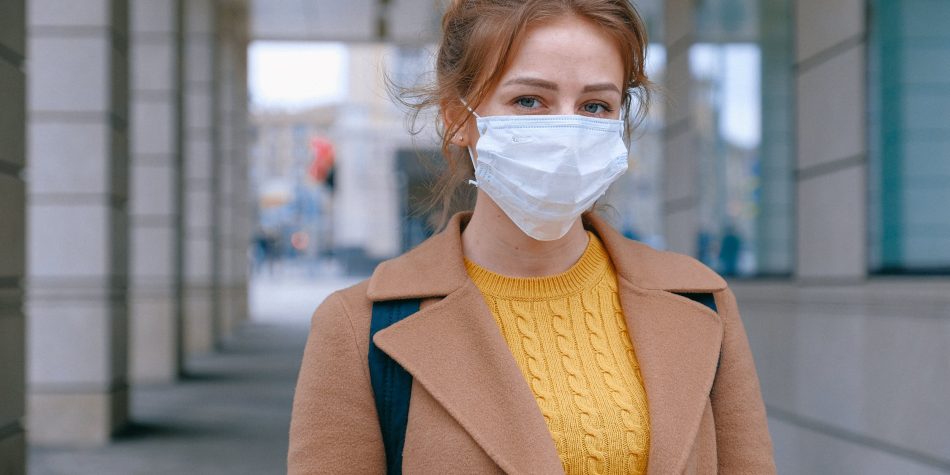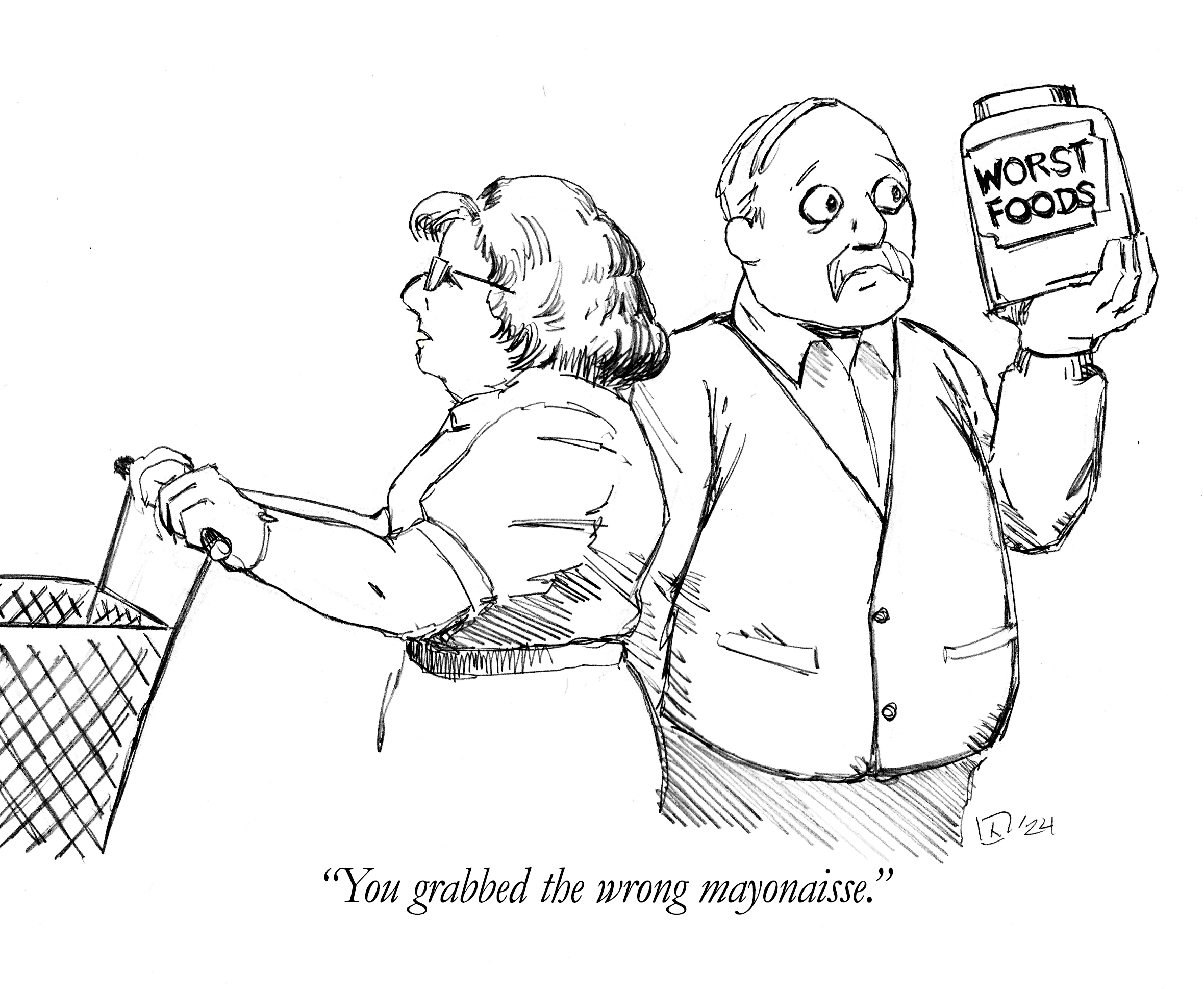In 2003, I launched a 5-year study of health narratives that would ultimately be subtitled, “Prozac Saved My Life” vs. “Prozac Ruined My Life.” I did this after hearing remarkably divergent claims of lives “saved” by antidepressants, alongside equally dramatic stories of lives “deeply harmed” in some way by the treatment.
I wasn’t the first to be intrigued by such a sharp contrast in narratives. After years of studying life-story biographies, Dr. Dan McAdams at Northwestern University identified two different patterns that often show up. Redemptive sequences are defined as moments in a narrative where “an affectively negative or bad life-narrative scene is followed by an affectively positive or good outcome” with “the good ultimately redeem[ing] or salvag[ing] the bad that precedes it.” By contrast, contamination sequences were defined as moments where “extremely good life narrative scenes suddenly, and sometimes dramatically, turn bad.”
I spoke with people verbalizing both kinds of narratives over the years of research. Some people had really harrowing experiences—up to, and including medication-induced suicidality. They followed the contamination theme: Life was challenging—but got way worse when I started the medication. They would typically taper off, and move on seeking healing in other ways.
Others had experiences framed in remarkably glowing terms. One of the most striking findings was the extent to which people would frame their encounter with medication in conspicuously redemptive terms: life was bad, until that day I got on Prozac. People often recounted positive initial effects of medications using words like “absolute miracle,” a “magic pill” creating a “superwoman” and feeling like “a million bucks” with a life that had “never been better.”
Rather than just a nice pleasant relief, something else seemed to have happened in those early moments of treatment.
What was more remarkable was how this salvation story persisted even after those early effects had worn off—and indeed, even after years of treatment and continued emotional distress. It was not uncommon to speak with people who had experienced worsening symptoms over the years in treatment, focusing still on that moment when they started Prozac—reminiscing with a fondness and attachment that was striking.
The more I heard this, the more I was intrigued. Rather than just an initial pleasant relief, something else seemed to be happening in those early moments of treatment. On an emotional level, it was clear a deep connection had been made—something that reminded me of Christian conversation narratives: Life was terrible, then I came to Jesus. For someone embracing that narrative, no matter what hell they may still need to face, at least they now know in Whom they can trust.
It also seemed clear that their narrative had shifted in these early moments, in at least two ways. First, whatever else they may have believed about the physical and emotional pain they had been feeling to that point, the medicated relief had persuaded them that the essential cause of their distress was something amiss in their bodies. Secondly, whatever else they may have seen as a potential solution now paled in comparison to the distinctive trust and confidence they placed in the treatment they were now receiving.
When I asked one woman what the “moral of her story was” after more than a decade of emotional struggle (that included many treatment adjustments to a number of psychiatric medications she was now taking), she paused. Then, she emphasized “how important it is to get the right dosage level.”
Like many others, this woman had spent a great deal of emotional energy over the last decade working with doctors to try and get her dosage level just right—in hopes, it was clear, that she could once again experience the same relief she had found earlier in treatment.
Hope. Trust. And safety.
These are powerful things. And when facing something as terrifying and gut-wrenching as depression, I don’t fault anyone for seeking to find reassurance of any kind allowing them to get through the experience. The same could be said for many other difficult emotional and physical health conditions—many of which involve some kind of chronic pain.
For someone grappling with serious pain, whatever it takes to reduce that pain right now is an understandable passion. It’s an entirely separate matter, however, whether these various treatments are leading people to deeper healing and happiness on a longer-term basis.
Trust and hope amidst COVID-19
In a similar way, it’s understandable that we all look out for reassurance and confidence in a bright future beyond COVID-19. There are many places we direct that hope—from faith, to family bonds, to science itself.
No place, however, has arguably been the focal point of more collective hope than various aspects of the medical establishment itself. Although there has been some erosion in trust over the last six months, according to Pew research and Gallup polling data, science and the American medical system remain the two most trusted institutions in the country today, with with 89% reporting at least some degree of trust in science and 83% for the medical system – a number higher than the military (82%), the Supreme Court (81%), public schools (77%) and organized religion (73%).
That trust has been evident in our public discussions and reporting about COVID-19. From antimalarials (hydroxychloroquine) to antivirals (Remdesivir), and from ventilators to vaccines—the news about ongoing research and experimentation in relation to COVID-19 has been followed with bated breath.
However helpful some have found the various treatments that bring some measure of symptom relief, it’s the development of a vaccine that has taken center stage in the field of our collective awareness. Indeed, so often have commentators, pundits, and leaders spoken of the potential of a COVID vaccine to transform the current crisis, that it’s rarely even stated explicitly anymore. It’s now a taken for granted assumption in most reporting on the subject.
Likewise, some form of “once the vaccine is here, we’ll be able to [normalize school again, remove restrictions on business, worship again freely, go to ballgames and theatre again]”—some form of that assertion has been repeated countless times by civic and political leaders to reassure an anxious public that Normal Life is just around the corner.
Is it?
Some skepticism has arisen on that point in recent days, especially as President Trump seems to be encouraging and predicting a faster pace than most experts think wise. Much of this commentary gingerly cautions that a vaccine might not reverse and transform everything we hope—pushing back ever so gently against exalted hopes and anticipation.
Yet the salvation story remains.
Whatever other disagreements American media outlets have had about coronavirus, there seems to be little deviation from that distinctive, and reassuring message emanating from Fox to MSNBC—and from conservative to liberal commentators: Once we reach a vaccine, then we will be okay.
Few who study the past work of these companies regard them as heroic.
Far less attention has gone to the many ways in which we can take steps towards strengthened immunity in our own lives and homes—connected to choices we make on a day-to-day basis.
We’re too focused somewhere else to pay much attention to that. The hero in this more popular narrative is especially conspicuous. As a researcher focused on pharmaceutical companies, I will admit it’s been a bit dystopian to hear AstraZeneca, Pfizer, and other companies celebrated these days as laying the foundation for America’s economic and health salvation to come.
Really? Is that what we actually believe?
Few who study the past work of these companies regard them as heroic. On the contrary, the painful truth about class action lawsuits quietly resolved and studies ever so carefully finessed to generate a particular kind of data (leveraged to send a particular message)….these stories are still coming out for antidepressants, years after they were prescribed to tens of millions of adults and children.
Even so, such retrospective concerns likewise receive little attention. Unlike opioids, the alarm about exaggerated advertising and doctors paid to promote glory stories of antidepressants has been a blip in the public radar.
Am I suggesting the research going into the development of these medical interventions is always somehow intentionally manipulated by people trying to deceive and only make money?
Not at all. Not with antidepressants. And not with COVID-19 vaccines.
Those developing these treatments really do believe they represent a crucial hope for America. And they honestly embrace a theory of medicine that places interventions like they are developing as a centerpiece for human health. Whatever money and prestige is involved in bringing their products to market—along with whatever potential remuneration that may bring to the developers— is just more of a testament to the truth and enduring value of the healing work they do.
In other words, those involved go home and tuck their kids in bed at night….genuinely believing that what they are offering is in our best interest.
And, of course, We the People believe it too, by and large.
I’m not writing to burst anyone’s bubble or spoil their hope. These have been terrifying, gut-wrenching times for so many—especially those who have lost loved ones. And in times like these, even a little hope is better than no hope at all.
I’m simply writing to raise a gentle caution in regards to our common tendency to embrace a redemptive narrative about the next medical technology or treatment that will Save The Day.
And who knows, maybe it will? At least for awhile.
Let’s still keep the long view. Whatever effects are so promising for some people initially with antidepressants (the reason the FDA approved the medications), the long-term picture has ended up not being so rosy. Many who started these treatments years ago frequently find it difficult to get off later on, after the medication stops being so helpful. Many of these then continue taking them, not because of a continued benefit, but because it can be such a harrowing experience to taper off.
None of this was part of their original expectations. But it has become the experience for so many who started taking them.
Why weren’t they warned? Because the research cited as basis for public reassurance concerning these treatments being “safe and effective” was almostentirely short-term (3 – 6 weeks, 3 or 4 months at best). That’s what “safe and effective” meant—even if the public assumed it was more than that.
Truly long-term studies take time—years to conduct. But who really has the patience for that?
Not us. Especially not now. We don’t have years to figure out the coronavirus. And people are already rolling up their sleeves anticipating a vaccine by the end of the year.
Let’s pray it does what we hope it will. And let’s stay mindful of the difference between short-term efficacy and safety—and the longer-term health we all want.
Whatever ends up happening, let’s above all, continue to be careful of where we place our ultimate hope, confidence, and trust.
That will help us all make good decisions, individually and as families and communities. If nothing else, that wider perspective will help us navigate the coming days with a foundation bigger and deeper than anything else that may come our way.


















